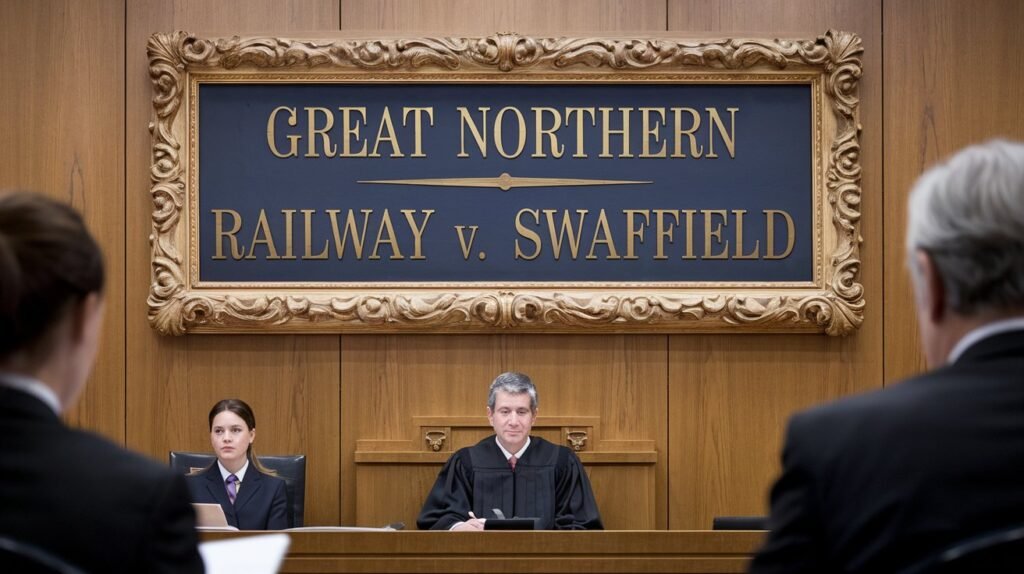Hindustan Co Op Insurance Society v. Shyam Sunder 1952 (Case Summary)

This case is a landmark decision, the Calcutta High Court deliberated on whether the acceptance of a life insurance proposal could be inferred from the cashing of a premium cheque by the insurance company. The case highlighted the principles of offer, acceptance, and communication of acceptance under the Indian Contract Act, 1872.
Table of Contents
ToggleFacts of Hindustan Co. Op. Insurance Society v Shyam Sunder
- Shyam Sunder, the deceased, proposed a life insurance policy for Rs. 10,000 with the Hindustan Co-Operative Insurance Society.
- The proposal form, accompanied by a cheque for the first half-yearly premium, was submitted to the company through an agent.
- The deceased underwent two medical examinations, both confirming his life as “first class.”
- The agent assured the deceased that the proposal would be accepted promptly, and the policy would be issued.
- The company cashed the cheque on January 18, 1939, but did not communicate acceptance of the proposal to the deceased.
- The proposer died on February 1, 1939, before the issuance of the insurance policy.
- The company denied liability, claiming the proposal was not formally accepted.
- The deceased’s heirs sought to recover the insurance amount, arguing that acceptance was implied when the company cashed the cheque.
Issues framed
- Whether the encashing of a premium cheque constitutes acceptance of an insurance proposal?
- Whether communication of acceptance is essential to form a binding contract under the Indian Contract Act?
Subordinate Court Judgment
The trial court ruled in favor of the plaintiffs, holding that the company had accepted the proposal by cashing the cheque, thereby concluding the contract.
The company appealed to the Calcutta High Court, contending that no acceptance was communicated, and thus no contract was formed.
Judgment of Hindustan Co. Op. Society v Shyam Sunder
The Calcutta High Court analyzed principles of contract law regarding acceptance and offer, particularly in the context of implied acceptance.
The Court inferred that the proposer had implicitly allowed the company to accept the proposal by cashing the cheque.The act of cashing the cheque, particularly after two favorable medical reports, indicated the company’s acceptance of the proposal.The court held that the proposer had dispensed with the requirement for explicit communication of acceptance by submitting the cheque with the proposal. The company’s appropriation of the cheque was sufficient to signify acceptance.The contract was concluded when the company cashed the cheque on January 18, 1939. Subsequent actions, such as further inquiries, could not invalidate the agreement.
The Court Dismissed the appeal, holding that a binding contract of insurance was formed when the cheque was cashed.The company was liable to pay the insurance amount to the plaintiffs.





